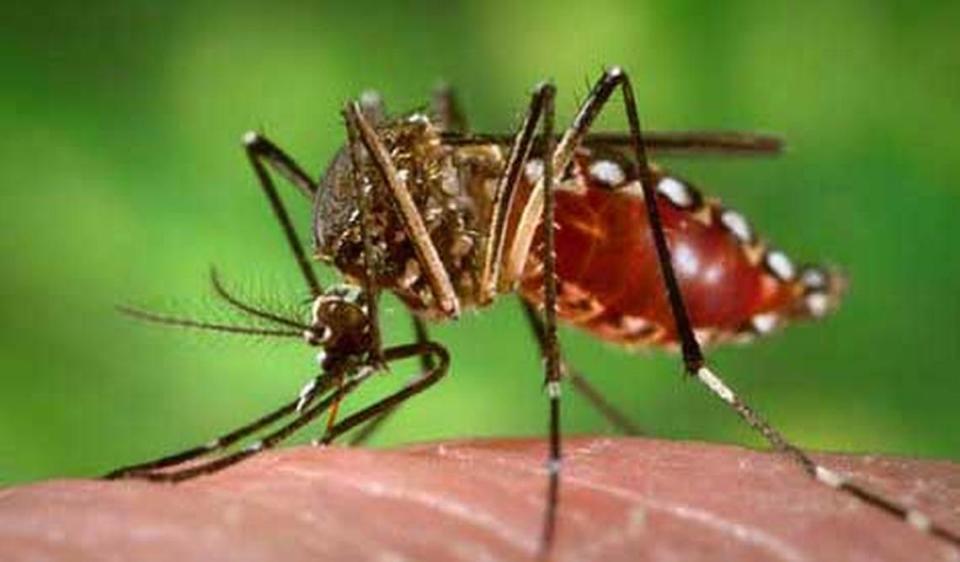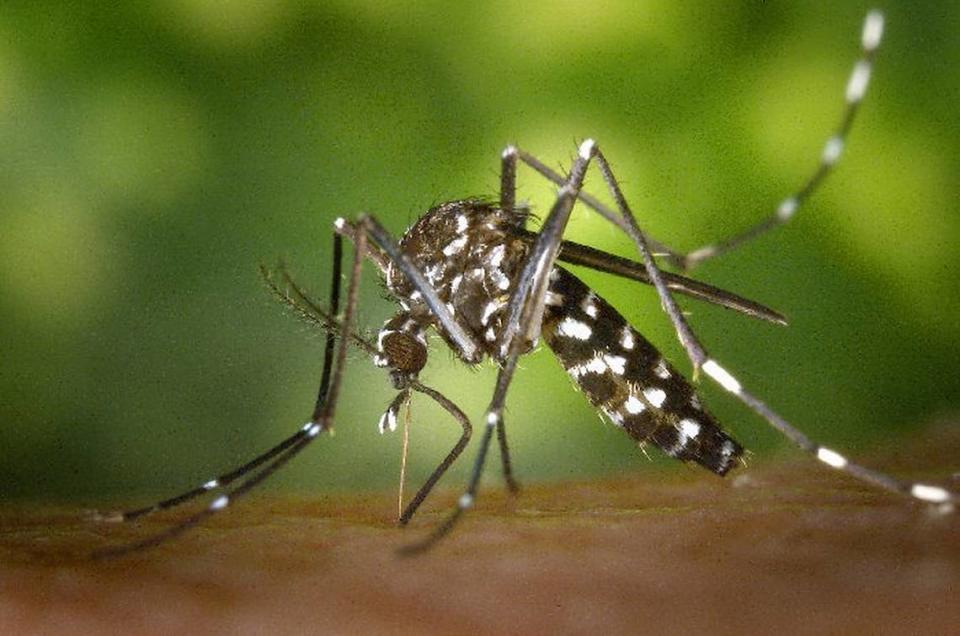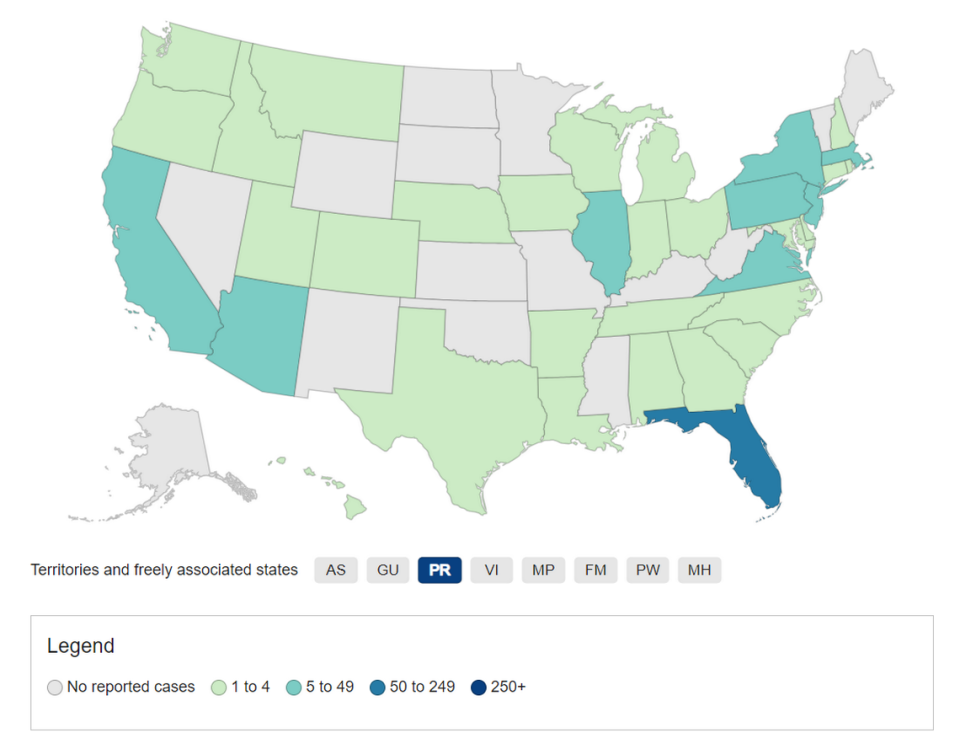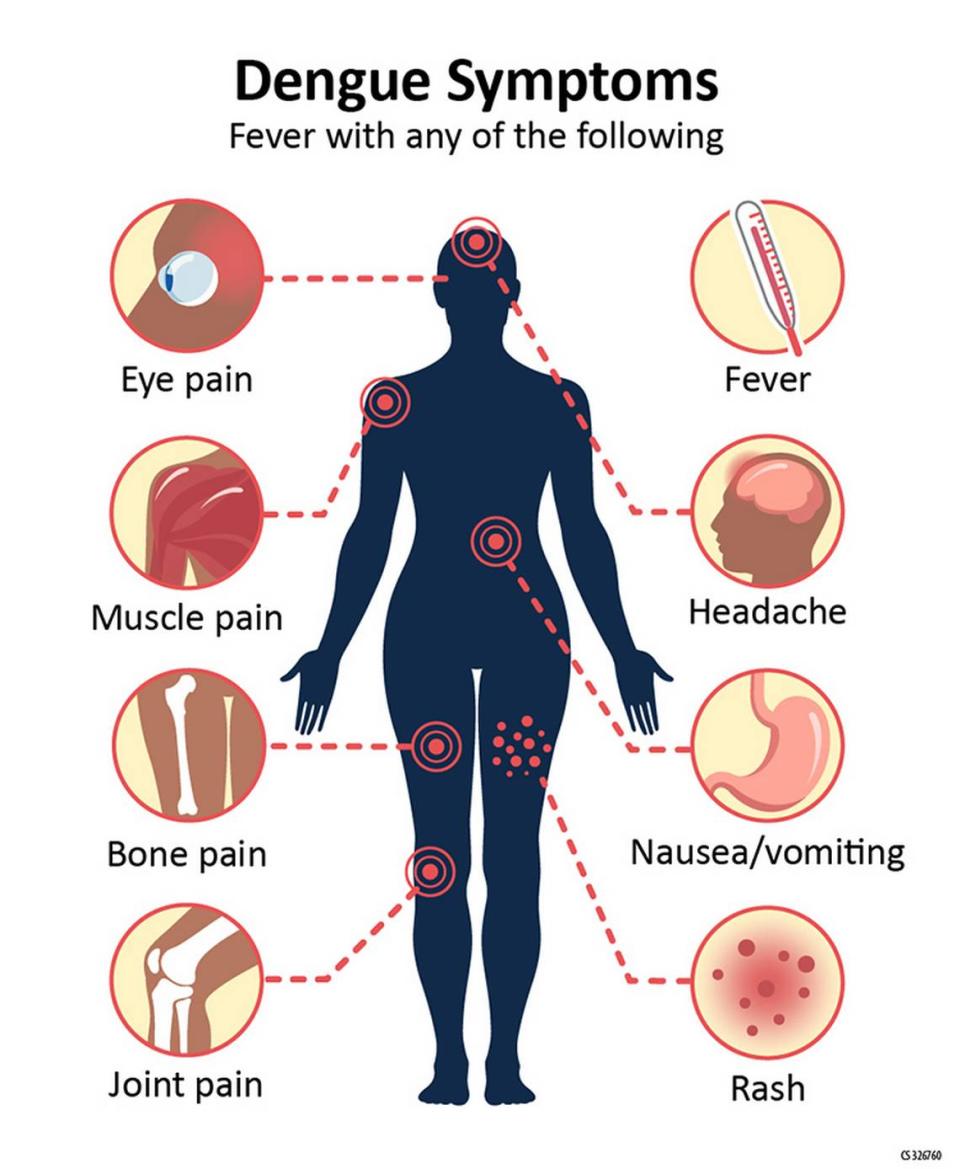Dengue cases prompt mosquito-borne illness alert in Miami, Fort Lauderdale. What to know
Several reported cases of the dengue virus in humans have prompted Florida’s health department to issue a mosquito-borne illness alert in Miami-Dade and Broward counties.
This alert is issued when two or more cases of dengue are detected in each county, Jae Williams, press secretary of the Florida Department of Health, told the Miami Herald on Thursday.
Dengue symptoms typically last two to seven days and can include fever, nausea, vomiting, rash, aches and pains. Severe dengue can be life-threatening within a few hours and often requires care at a hospital.
Fifteen cases of dengue were reported throughout the Sunshine State from Aug. 6-12, according to the most recent Florida Arbovirus Surveillance weekly report of the health department. Of these, one was acquired in Florida and 14 internationally.
In 2023, 204 travel-associated dengue cases have been reported so far in the state along with 11 cases of locally acquired dengue, the report says.
According to the report, Miami-Dade leads all Florida counties so far this year with 120 travel-associated dengue cases followed by Alachua, Brevard and Broward counties with 14 each. Palm Beach County has seven and Monroe County has four.
Aedes species mosquitoes — which can carry viruses like dengue, yellow fever, chikungunya and Zika — are most prevalent in South Florida during the rainy season, which runs from May 15 to Oct. 15, as they like to lay eggs on standing water.
The mosquito alert for the Fort Lauderdale area was issued Aug. 4 and for the Miami area on April 18.
Jefferson, Nassau, Orange, Polk, St. Johns and Walton counties are under a mosquito-borne illness advisory because at least one case of a mosquito-born illness as been reported in each location. Other counties under a mosquito alert are Escambia, Manatee and Sarasota.

How does dengue spread?
Dengue viruses are spread to people through the bites of infected Aedes mosquitoes, according to the CDC.
These mosquitoes typically lay eggs near standing water in containers that hold water, like buckets, bowls, animal dishes, flower pots and vases. They prefer to bite people day and night, and live indoors and outdoors.
Mosquitoes become infected when they bite a person infected with the virus and then bite another person who is not infected.

How can you prevent the spread of dengue?
Here are things you can do around the house to help stop the spread of dengue and other diseases carried by mosquitoes:
▪ Drain water from garbage cans, house gutters, buckets, pool covers, coolers, toys, flowerpots or any other containers where sprinkler or rainwater has collected.
▪ Discard old tires, bottles, pots, broken appliances and other items not being used.
▪ Empty and clean birdbaths and any pet water bowls at least twice a week.
▪ Maintain swimming pools in good condition and keep chlorinated. Empty plastic swimming pools when not in use.

How can you stop mosquitoes from biting?
Don’t forget to protect yourself from mosquito bites by following these tips:
▪ Wear shoes, socks, long pants and long sleeves while outside when and where mosquitoes are most prevalent to discourage mosquitoes from biting.
▪ Check and repair screens on doors and windows. Keep them closed and use air conditioning when possible.
▪ Use repellent on bare skin; DEET at 10% to 30% concentration works well for most people when used according to label directions. Do not apply to infants.

What to do if you think you have dengue
According to the CDC, here’s what you can do if you suspect you have dengue:
▪ See a healthcare provider if you develop a fever or have symptoms of dengue. Tell them about your travel.
▪ Rest as much as possible.
▪ Take acetaminophen (also known as paracetamol outside of the United States) to control fever and relieve pain. Don’t take aspirin or ibuprofen!
▪ Drink plenty of fluids to stay hydrated. Drink water or drinks with added electrolytes.
▪ For mild symptoms, care for a sick infant, child, or family member at home.
With scattered thunderstorms across Florida during the summer months, remember to always #DrainAndCover to #FightTheBite!
Learn more: https://t.co/sFXGFWKCg2 pic.twitter.com/3P4TB4BAhY— Florida Dept. of Health (@HealthyFla) June 13, 2023
Is there a dengue vaccine?
A dengue vaccine has been approved for use in children age 9 to 16 with laboratory-confirmed previous dengue virus infection and living in areas where dengue is endemic (occurs frequently or continuously), according to the CDC. Endemic areas include some U.S. territories and freely associated states.
The vaccine isn’t approved for use in U.S. travelers who are visiting but not living in an area where dengue is common.

